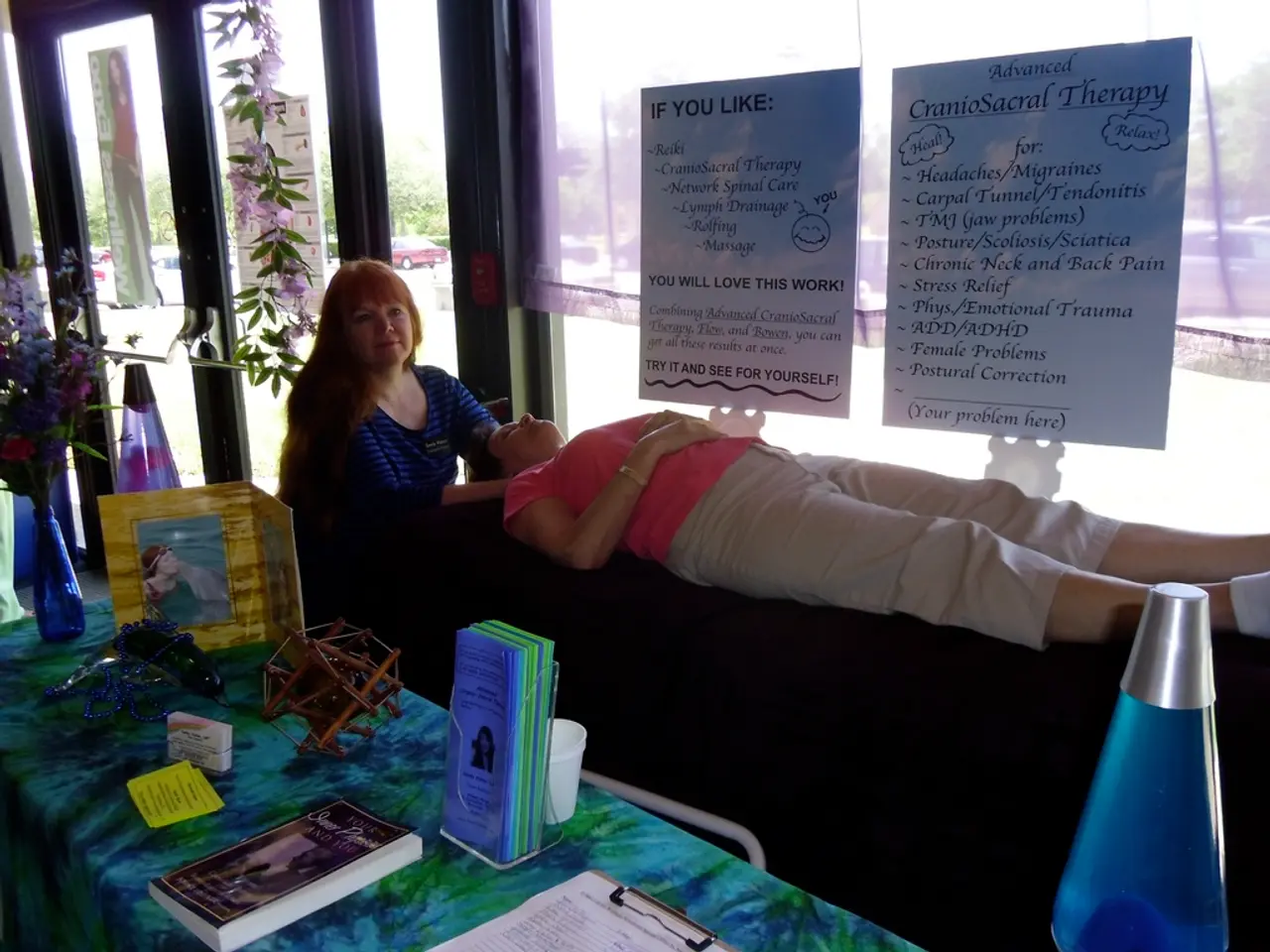Antisocial Personality Disorder: Options for Management and Further Insights
Antisocial Personality Disorder (ASPD) is a complex mental health condition that affects a significant number of people worldwide. While the exact cause of ASPD is not fully understood, it is believed to develop due to a combination of environmental and genetic factors.
ASPD can co-occur alongside other mental health conditions, such as depression, anxiety, substance use disorder, and bipolar disorder. Psychotherapy, specifically cognitive behavioral therapy (CBT) and skills training, is a common treatment approach that helps individuals improve their behavior and manage their condition. This therapy can also aid in managing co-occurring mental health conditions such as conduct disorder or attention deficit hyperactivity disorder (ADHD).
Medications may be employed symptomatically to manage mood symptoms, impulsivity, and aggression in ASPD, but they do not treat the underlying disorder. Antidepressants, mood stabilizers, and antipsychotics may be prescribed, with examples including fluoxetine, sertraline, lithium, carbamazepine, quetiapine, and risperidone. These medications should be combined with psychotherapy for the best outcomes.
Researchers have found a link between having ADHD or conduct disorder during childhood and an increased risk of developing ASPD in adulthood. Additionally, a difficult childhood, including neglect and child sexual or physical abuse, can also increase the risk of developing ASPD.
ASPD causes people to display manipulative, irresponsible, reckless, and impulsive behaviors. These behaviors can distort a person's thought process, causing a sense of social irresponsibility and resulting in harmful behaviors without remorse. ASPD is three times more prevalent in people assigned male at birth, affecting between 0.6 and 3.6% of adults worldwide.
It is important to note that people with ASPD often do not seek help for their condition. They may disregard their own and other people's safety, frequently lie, and be involved in fights or criminal activities. However, help is available for both the affected individuals and their families.
Family and friends of a person with ASPD can find help from mental health specialists and ASPD support groups, such as through Mental Health America. Specialists can teach coping strategies to help protect family and friends when their loved one displays aggression or other symptoms of their mental health condition.
Doctors can help people with ASPD treat their symptoms and manage their impulsivity and aggression. They can also make a referral to a specialist in ASPD management or recommend a support group that helps people who have a loved one with ASPD.
In conclusion, while there is no cure for ASPD, treatment options are available. A combination of psychotherapy and medical treatment can help manage the symptoms and improve the quality of life for both the affected individuals and their families. It is crucial to seek help and support if you or someone you know is struggling with ASPD.







